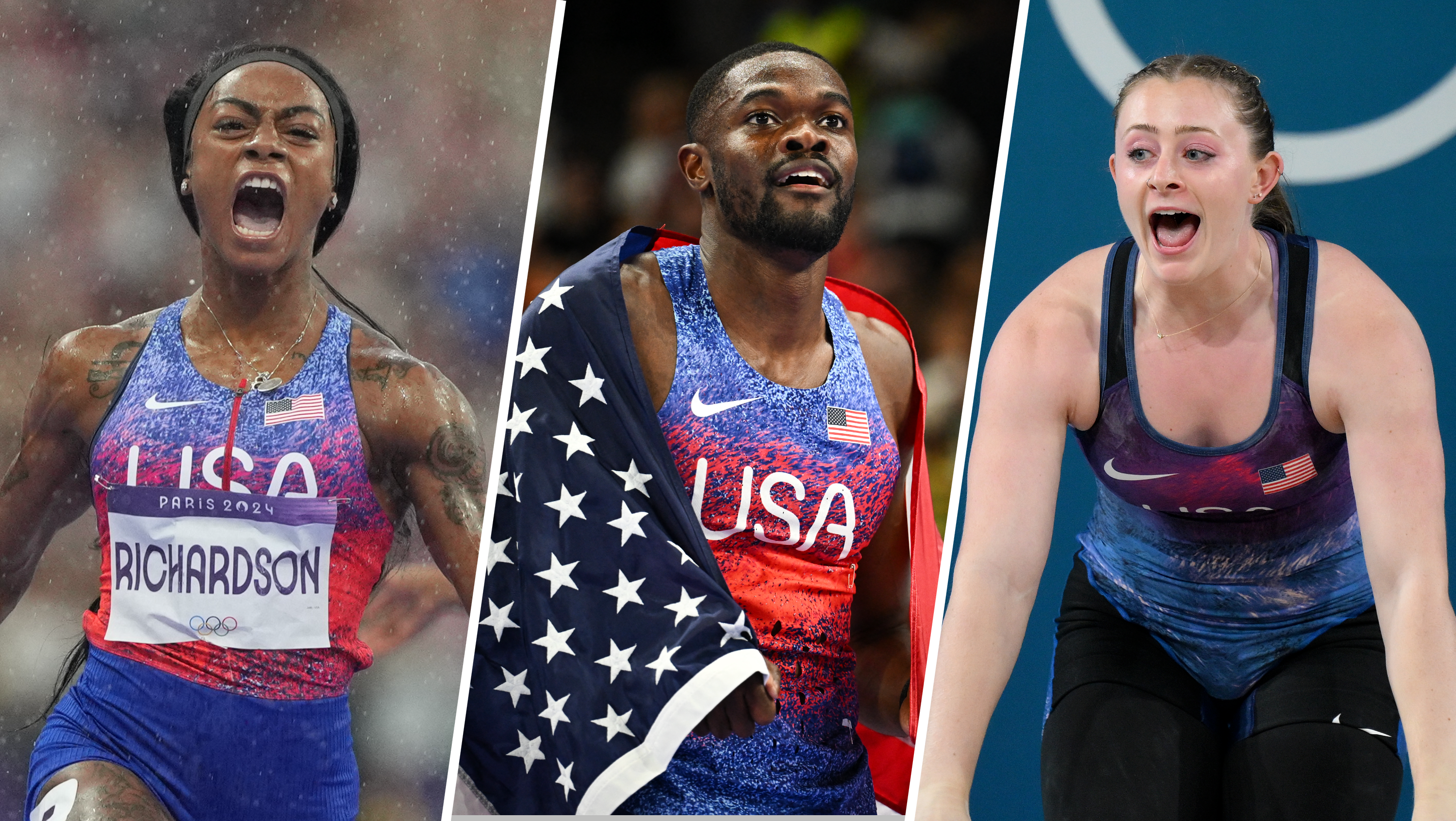The modern Olympics have traditionally presented the winners of the men's marathon with their medals at the Closing Ceremony. However, in Paris 2024, the men' and women's marathons have swapped places, giving women the honor of being the athletes highlighted at the Closing Ceremony for the first time.
Here is everything to know about the tradition and historic first:
Why are the winners of the Olympic marathon given their medals during the Closing Ceremony?
Since the first modern Olympics in 1896, the winners of the the men's marathon have been presented their medals during the Closing Ceremony as a way to have one culminating event bring the Olympics to a close.
Get top local stories in Philly delivered to you every morning. Sign up for NBC Philadelphia's News Headlines newsletter.
The marathon was chosen as the event to be showcased as it is seen as one of, if not the, most challenging, with no athlete ever winning more than two medals in it.
Why are the women's marathon winners given their medals in the 2024 Closing Ceremony?
Before the Paris games, the women's marathon would take place the day before the Closing Ceremony, with the men's marathon happening the day of. But in a move that has historical significance for both the Olympics and the city of Paris, the women's marathon will go last as a way to recognize women Olympic athletes and the full parity achieved at the Games for the first time (5,250 men and 5,250 women competed in Paris).
What is the history of the women's marathon?
In the first Olympics in Athens in 1896, women did not participate in the marathon, despite a woman trying to signup for the event.
However, in the 1900 Olympics in Paris, women did compete for the first time in five sports: tennis, sailing, croquet, equestrianism and golf. But women still fought for their right to run, as they battled prejudice thinking that believed women did not have the physique to compete in events such as the marathon.
The women's marathon did not appear in the the Olympics until the 1984 Olympics in Los Angeles, and has appeared in every summer Olympics since then.
How is the women's marathon paying tribute to Paris and French history?
The Olympic marathon route for both women and men will recognize a key event in the French Revolution as well as for women in France: the Women's March on Versailles.
The Women's March on Versailles took place on Oct. 5, 1789, when more than 6,000 Parisian women, who were also joined by men, gathered in front of the Hôtel de Ville in Paris demanding bread and arms. The group ultimately marched all the way to Versailles, where the King of France, Louis XVI, agreed to ratify the Universal Declaration of the Rights of Man and Citizens and traveled back to Paris the next day.
The 2024 marathon route will follow the 1789 marchers' path, with the route beginning at the Hôtel de Ville in Paris and looping around Versailles before ending at the historic Esplanade des Invalides.
How to watch the men's and women's marathons at the 2024 Olympics
Both the men's and women's marathons will air live on NBC's USA Network, as well as stream on Peacock and nbcolympics.com. Coverage of the marathons will also air later in the day on NBC as well.
The men's marathon will begin at 2 a.m. EST on Saturday, Aug. 10.
Similarly, the women's marathon will begin at 2 a.m. EST on Sunday, Aug. 11.




